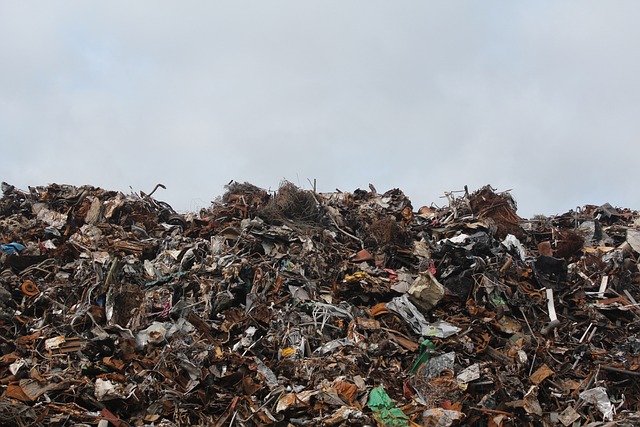From individual choices to corporate initiatives – unraveling the challenges and solutions in India’s e-waste landscape.
Can you imagine a day without technology? Keeping our phantom limb phones aside, switching off the television and wifi, no tabs, laptops or smart watches. These are just the addictive extensions of our entertainment requirements, but technology includes everything from our kitchen appliances to our technologically powered homes and even modern health care.
So the simplest answer to that question is – NO! Technology is everywhere, in every aspect of our lives and doing a lot more for us than we can ever give credit for. But with the constant advancement, comes the constant need to upgrade our devices. While there is no guilt in upgrading our gadgets as per our needs, there are a few questions, we as citizens of this world, must ask ourselves.
Do I really need this upgrade or can I still continue to use my old device?
Am I willing to “repair” and “donate” my old gadgets?
If it is beyond repair then do I “know how” to responsibly dispose of them?
According to the Central Pollution Control Board (CPCB), India generates approximately 62 million tons (MT) of electronic waste in a year, making it the third largest e-waste producer globally. The report further indicates a concerning annual growth rate of 21%, signalling a pressing need for effective waste management strategies.
Spotlight on boAt
While there are some steps we can take on an individual level to reduce the hazards of e-waste, it is important to understand the need for corporations to take bold steps as well. Imagine Marketing Ltd’s boAt has become a go-to brand for most Indians looking for affordable gadgets. But along with that and the marketing of their gadgets being “made in India”, they are also focusing on responsible disposal of their e-waste. In partnership with Namo eWaste Management Ltd, boAt runs a recycling programme, urging its consumers to dispose of all their unwanted gadgets at their designated e-waste collection centres.
Operating since 2014 Namo eWaste Management offers comprehensive, complete and responsible recycling services to various brands and in the year 2023 itself they have managed to recycle approximately 7 million kgs of electronic waste in India.
Why Responsible Disposal
An important facet of the e-waste issue in India is the prevalent involvement of the informal sector in its management. Many rag-pickers, often working in hazardous conditions, engage in manual dismantling and extraction of valuable materials from discarded electronics. This informal recycling poses health and environmental risks, as improper disposal methods can lead to the release of harmful substances. E-waste contains toxic substances such as lead, mercury, and cadmium, posing severe risks to both the environment and human health. Improper disposal methods, including burning or dumping electronic waste in landfills, can result in soil and water contamination. Additionally, exposure to these hazardous materials during the recycling process can lead to respiratory and other health issues among workers.
Adopting Circular Economy
Recognising the urgency of the e-waste problem, the Indian government has implemented the E-Waste Management Rules, 2016, aimed at regulating the handling, recycling, and disposal of electronic waste. However, effective enforcement and awareness are crucial for the success of these regulations. When precious metals like cobalt, lithium, palladium, copper and gold are extracted responsibly from old electronic devices, they can be re-used in the manufacture of new ones. India has a prevalent pattern of linear economy, where products are made and disposed of. Adopting a circular economy means producing and then responsibly recycling the products after their life cycle completion. The collaboration of boAt with Namo eWaste Management Ltd is a small step towards adopting a circular economy.
As India continues its technological journey, it must simultaneously address the growing issue of e-waste. Sustainable practices, responsible consumption, and robust waste management infrastructure are essential to mitigate the environmental and health impacts associated with the disposal of electronic devices. It is imperative for individuals, industries, and policymakers to collaborate in finding innovative solutions to ensure that technological progress does not come at the cost of our environment.

